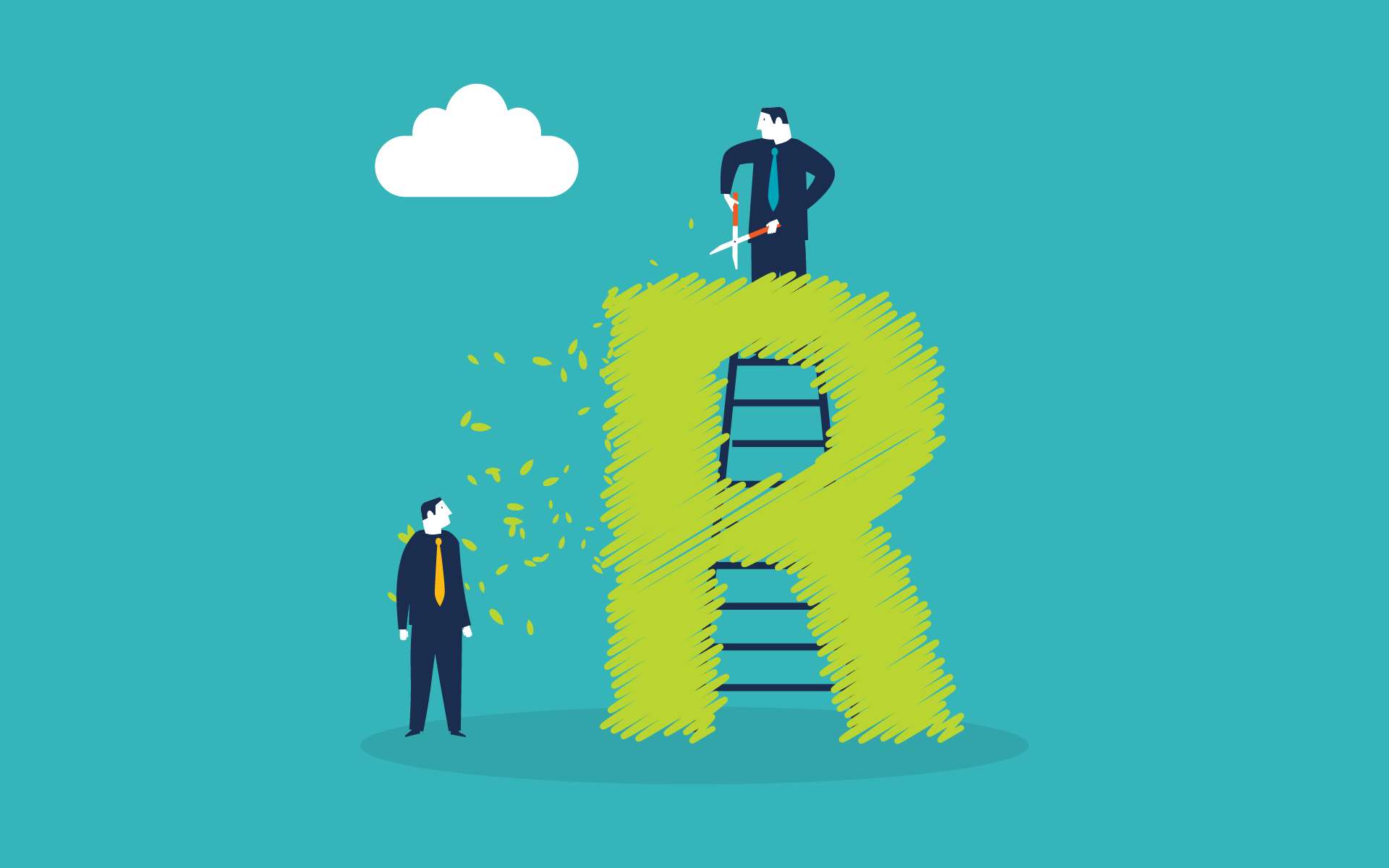Spring was in the air, and it seemed like a good time to shine a light on dusty debit orders and trim the financial deadwood. Step #1 was to make time for the job. Next up was to get other family members on board.
It can be tricky to talk about overspending, but we started by examining three months of bank and credit card statements, separating recurring costs into essential and non-essential.
We looked at the non-essential list, asking about each item: Is it really worth it? Don’t get me wrong, I know that “I am worth it”, which is why I decided to cut back on spending and buy myself some peace of mind.
A budget that limited me to a life of deprivation would set me up for failure. As a smart person once told me, you have to “own” your budget. Create a budget you can really believe in, and live it.
A non-essential but important expense in our household is access to news, music and movies.
We took a fine-toothed comb to the list of services and discovered that we were signed up to more platforms than we could possibly use.
Some we hadn’t accessed for years, and we have more than one account for a couple of the platforms. We cut some and consolidated others.
We pruned the news sites too, and paused a subscription to an audiobook service.
The essential spending list also benefited from interrogation. Those pesky cell phone and internet service providers, for example.
We were using one of the bigger providers for cell phones and home connectivity. I thought buying various services from one company might mean a discount.
Customer service from this provider is notoriously bad, but I had the crazy idea that my loyalty would buy me some customer care.
So after decades in service to this gang and their shareholders, we moved our home connectivity to a small local provider. Not only did this reduce the monthly bill by close to R100, but we are getting great service and supporting the local economy.
Changing internet service providers or insurers may seem hardly worth the trouble for a saving of R50 or R100 a month, but those savings add up over a year and more.
Talking about institutions that need my money less than I do, bank charges came under the microscope.
Adding up those fees and charges was bad enough. My interest bill nearly gave me a heart attack. I put all the numbers on a basic spreadsheet, and suffice to say, the “additional credit card” is no longer with us.
If you have savings in one account and debt in another, your savings balance attracts less interest than you pay on your credit card. So your bank makes money by loaning your own money back to you.
That got me thinking about that fancy banking account that I hardly use. While the monthly fee of R250 didn’t seem bad, reframing it as R3,000 a year made me pause.
I put my personal banker to the test and e-mailed him a few questions. The speed and efficiency with which he answered earned him a reprieve.
But now that I’ve discovered the joy of pruning, he’ll have to work harder for his money. Or he gets the chop, too.

Leave a Reply